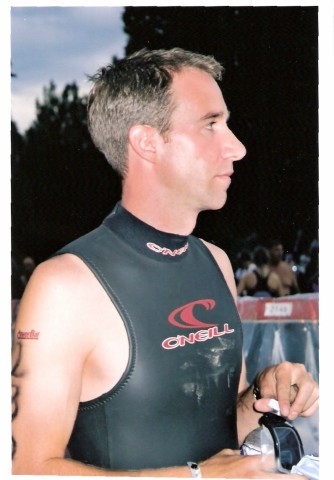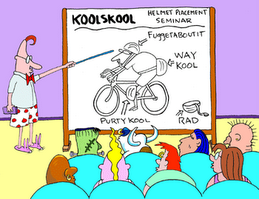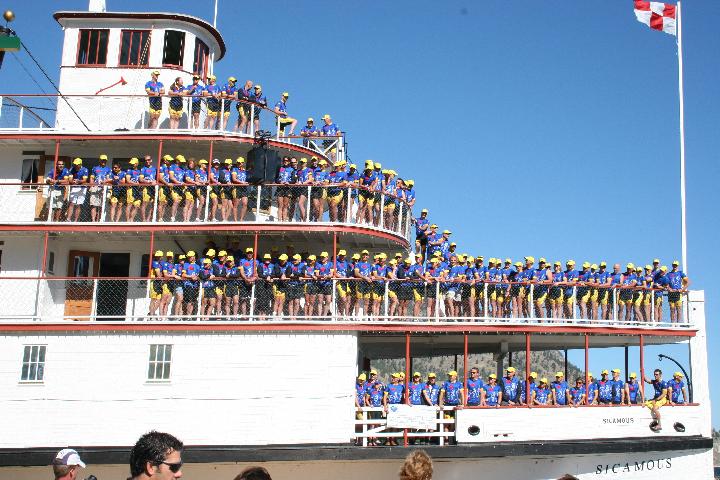There are six days to go until my half marathon. This is significant in that it is the first race I have actually “trained” for in quite a long time. They say the hardest part is getting started and for me I’ve double downed on that… The hardest thing is getting “re-started”. When I’ve gotten going, I’m a dynamo, but like a slow-starting train, I need extra pushes to keep me getting up every morning and out the door.
These days it’s especially hard with the fall months in Vancouver. Waking up in the morning with the sound of raindrops pounding outside… it’s a far cry from the sunny and warm weather of the summertime. It’s a far cry from Hawaii.
We are one week removed from our short jaunt to Kona to watch the Ironman World Championships, and I was somewhat paralyzed with what to write about. I had a thousand images, thoughts, and takeaways from the experience, but history has shown that, like the preverbal “getting started” problem, I’m best served in simplification.
Watching the performances on the day, I was reminded of the Termite story. If you’re unfamiliar with this, here’s a quick summary: In 1921, a Stanford psychologist named Lewis Terman found the 1,000 smartest students in California between the 3rd grade and 8th grade (measured by IQ). He tracked their success throughout their entire lives, and his study was continued after his death. In the decades of the study, researchers discovered that being in the top 1% of measured intelligence does not correlate with being fantastically creative. Rather, there is a minimum threshold of intelligence you need to have, and after that it comes down to deliberate practice, putting in your time, and developing your skills. This is called the Threshold Theory.
According to this, the fundamentals matter, in that you need some level of competence to be able to develop mastery in a skill. After that, the difference is between those who put in the work and those who don’t.
As an example: Triathlon. Assuming you have learned how to swim, bike and run, anybody can “DO” a triathlon. Once you have passed this threshold, the 95% difference between you and the next person is: are you getting on your bike? are you getting in the pool? Are you putting in your time.
As an example: Filmmaking. How do you become a better filmmaker? Assuming you understand how to turn on a camera and use it, you make films. How do you become a better writer? Assuming you know the core principles of writing and grammar, you write more.
It’s humbling, because you can’t look to anyone or anything else. Only you can show up every day ready to work. And that differentiates levels of success.
And back to Kona. It was interesting watching all these athletes, and talking to some at the Awards Ceremony. These are the elite Professional and “Age Group” triathletes in the world. The first thing I thought of, and think of every time I watch people compete at this level in an event where you can’t hide being unprepared, was, these people EARNED their place. They worked harder than 99% of the Ironman athletes out there. They had a goal and they stuck to it. They made it happen through perseverance, persistence and dedication (coincidently the theme of the Ironman World Championships).
What sets them apart? Most of us can swim, bike and run… I’ve done two Ironmans, but I know that I never put the kind of time and effort into getting to Kona that these people did. I never saw that as a goal. But looking back, when I was qualifying for the Boston Marathon, I realize that the moment my running time dropped to within striking distance of a Boston qualifying time (not even something I had dreamed of before), then I took my training to 11. I took it seriously, and I willed myself to that qualifying time so much that I beat it by 9 minutes in four months of training.
I’m starting further back of the pack right now. I’ve got a longer path than knocking 20 minutes off my marathon time. I’ve got to rebuild the machine, then kick in the octane boost and do the work. To achieve what many see as the impossible, you put in the work daily, take each workout as a significant next step, eat properly every day, learn what you can learn and apply it, but mostly, you have to show up, each and every day. Kona doesn’t give up a spot for short cuts…
Mahalo,
Anthony




No comments:
Post a Comment